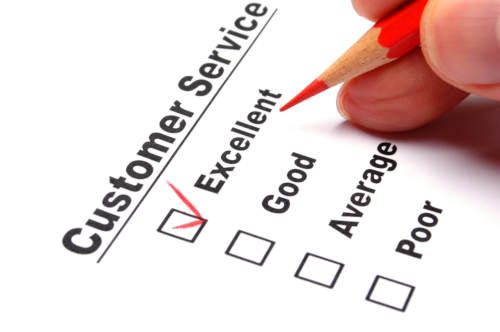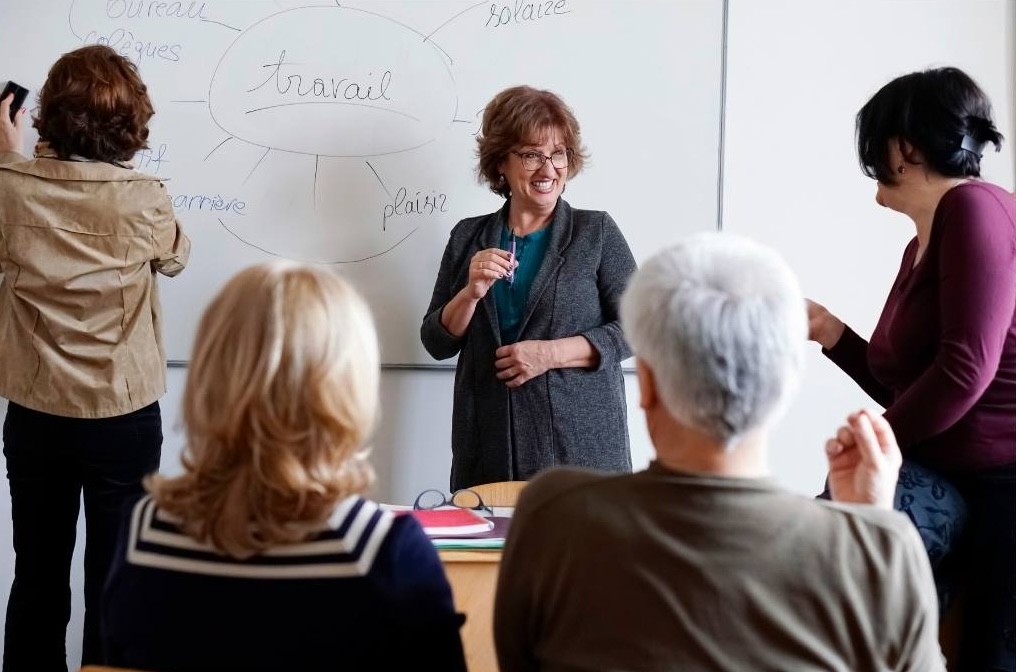
Providing Exceptional Customer Service
It’s easy to feel caught off guard when a customer raises a concern you didn’t expect. Or you may default to phrases like “Do you have any questions?” and realize later that this didn’t invite much conversation. Most of us want to be helpful, but it’s not always clear how to begin or how to make a brief exchange feel positive and human. Under pressure, even the best intentions can come across as rushed or impersonal.
This matters in isolated moments and across the entire customer experience. Research from Harvard’s Division of Continuing Education shows that 80% of customers say their experience with a company is just as important as its products or services. It’s not only about solving a problem; it’s about how the solution is delivered. When service falls short, it can lead to lost trust, repeated issues, and missed opportunities to build loyalty.
In this workshop, we’ll focus on communicating in ways that make people feel welcomed, understood, and valued. You’ll learn to recognize unspoken concerns, respond calmly and clearly, and turn everyday interactions into something more meaningful. Through hands-on activities, case studies, and reflection, you’ll build habits that improve your conversations and your results.
You’ll leave with strategies to build trust quickly, ask better questions, and create interactions that leave a lasting impression. Whether responding to a complaint or offering everyday help, you’ll feel more confident adapting your approach and making each experience more positive.

- Recognize how strong communication skills shape the customer experience and support satisfaction and loyalty.
- Identify and respond to various customer needs with greater clarity and confidence.
- Apply practical techniques to improve everyday customer interactions.
- Communicate messages clearly and professionally, using an appropriate tone for the situation.
- Use active listening and effective questioning techniques to better understand customer concerns.
- Overcome communication barriers, such as unfamiliar language or unclear wording.
- Stay calm and empathetic when responding to challenging conversations.

This workshop is ideal for anyone who interacts with clients, customers, or the public, whether in person, over the phone, or online. If your role involves answering questions, solving problems, or building relationships, this session offers practical tools to improve confidence and outcomes.
You should attend if you
- Work in a customer-facing role and want to make everyday interactions smoother and more positive
- Feel unsure how to handle unexpected complaints or emotionally charged situations
- Want to build stronger communication habits that reflect professionalism, empathy, and clarity
- Are part of a team that supports clients, members, or internal partners and want to offer more consistent, high-quality service
- Train or coach others in customer service and are looking for tools to support development
After this session, you’ll feel more prepared to handle customer conversations with care and professionalism. You’ll have tools to create a better customer experience while feeling more confident in how you represent your role and your organization.

In this workshop, you’ll draw on your own experiences and explore real-world examples to better understand the moments that shape customer impressions. Group discussion, reflection, and practical exercises let you examine how your words, tone, and actions influence every interaction. As you review scenarios and practise new approaches, you’ll have the chance to gather feedback and identify what works best for you in supporting positive customer experiences.
You’ll also receive a workbook with communication tips, service guidelines, and practical tools for ongoing use.
Workshop activities include
- Developing a customer service road map and determining key touchpoints
- Sharing and reflecting on memorable customer service experiences
- Practising language and tone that build trust and goodwill
- Reviewing strategies for responding to customer needs and concerns
- Discussing common challenges in group conversation
- Exploring ways to manage difficult situations calmly and effectively
- Developing ideas for follow-up and building lasting relationships
- Creating a personal action plan





